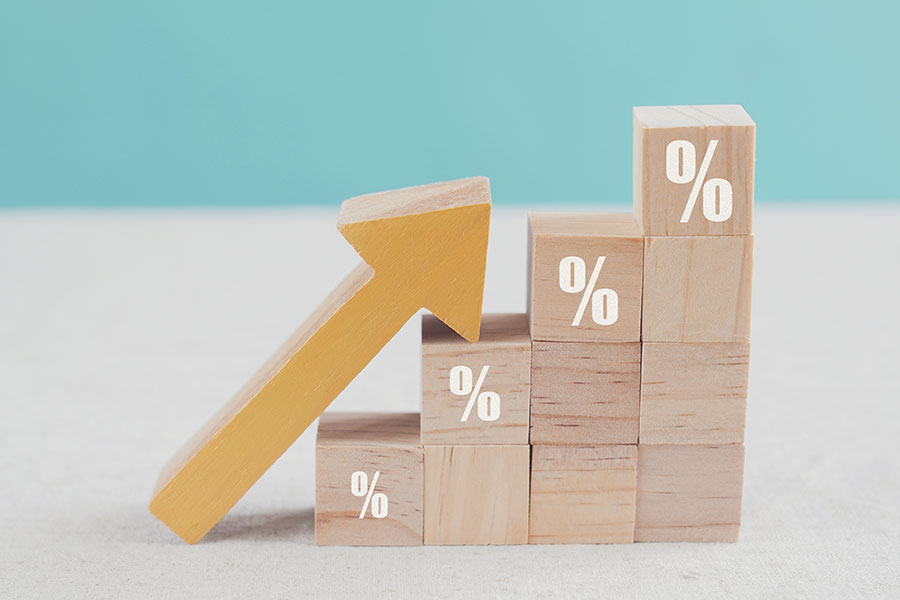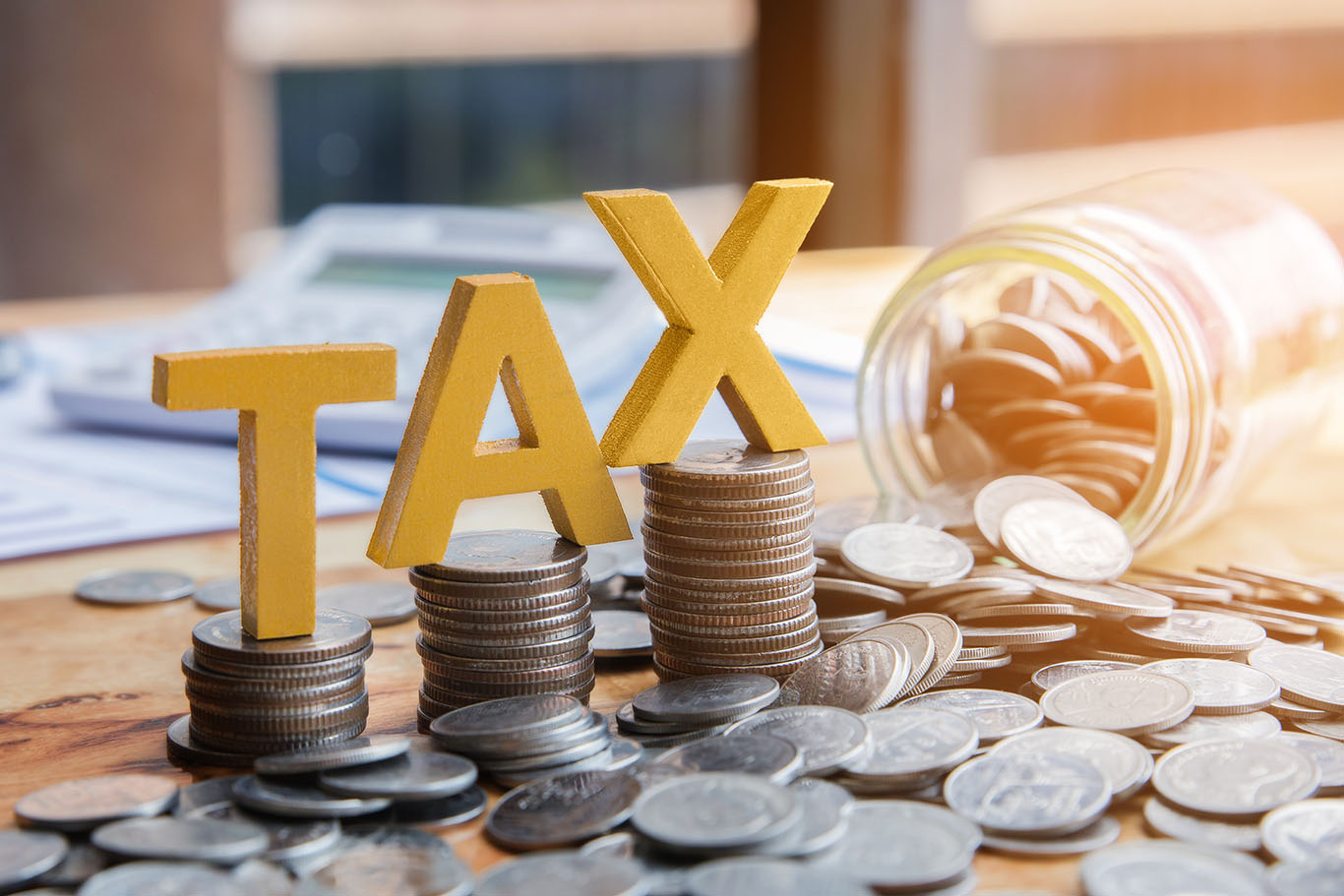
What does inflations mean for my pension?
What does inflation mean for my pension?
07
SEPTEMBER, 2022
PENSIONS
When people talk about inflation, it’s usually the cost of living that concerns most. Yet our savings and investments are also under pressure from inflation, now its highest level for more than 40 years at 10.1% in the 12 months to July[1].
We look at how this will impact pension payments for the different kinds of pension.
Final salary schemes
Payouts from the lucky ones in a final salary scheme can rise in line with inflation. However, while many private sector defined benefit (DB) pensions increase with inflation, often this is subject to an annual cap, commonly set at 5%. With inflation rising above the caps, pensions will lag.
Anyone planning to take an early retirement would be hit harder. That’s because early retirement pensions are reduced to reflect the longer period of payment, typically by around 4% a year[2].
You could go the other way and put off retirement. Research found that if inflation reaches 10%, delaying an early retirement decision by one year could be worth £400 a year[3].
State Pension
State pension payments are linked to inflation. They rise each April by the higher of the CPI inflation measure from the previous September, national average earnings increase or 2.5%.
While the state pension increase of 3.1% was applied in April, it’s no match for the actual rate of inflation.
The basic state pension, which is paid to those who reached state pension age before 6 April 2016, rose by £4.25 a week.
Meanwhile, the flat-rate state pension, which is also paid to those who are at state pension age from 6 April 2016, increased by £5.55 a week. This is an increase from £179.60 to £185.15 per week.
Compared to current inflation rates, it amounts to a cut, in real terms.

Receiving an income from drawdown?
When the time comes to start withdrawing a regular income, it’s essential that the returns from the remainder of your drawdown portfolio that’s still invested keeps pace with inflation. This ensures you don’t start running down capital early on in your retirement – or risk running out of money.
With the correct mix of investments, your money has the best chance of keeping up with inflation – and lasting as long as you might need it to. Talk to a trusted Tavistock adviser who can help construct the right portfolio for combatting inflation.
“Yet our savings and investments are also under pressure from inflation, now its highest level for more than 40 years at 10.1% in the 12 months to July.”
PROVIDING NEWS AND VIEWS TO SUIT ALL NEEDS
This Blog is published and provided for informational purposes only. The information in the Blog constitutes the author’s own opinions. None of the information contained in the Blog constitutes a recommendation that any particular investment strategy is suitable for any specific person.
Tavistock Partners Limited is authorised and regulated by the Financial Conduct Authority. Tavistock Partners (UK) Limited is authorised and regulated by the Financial Conduct Authority. Tavistock Private Client Limited is authorised and regulated by the Financial Conduct Authority. The Tavistock Partnership Limited is authorised and regulated by the Financial Conduct Authority. Abacus Associates Financial Services is a trading style of Tavistock Partners (UK) Limited which is authorised and regulated by the Financial Conduct Authority. Duchy Independent Financial Advisers is a trading style of Tavistock Partners Limited which is authorised and regulated by the Financial Conduct Authority, All subsidiaries are wholly owned by Tavistock Investments Plc.















Recent Comments